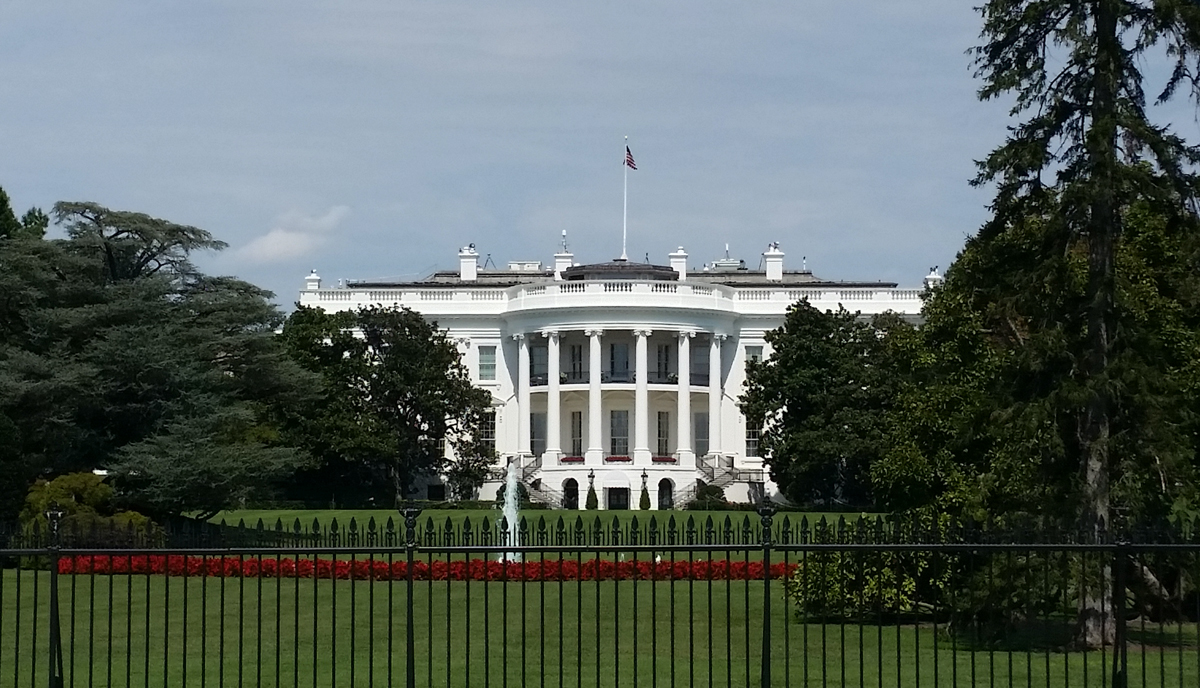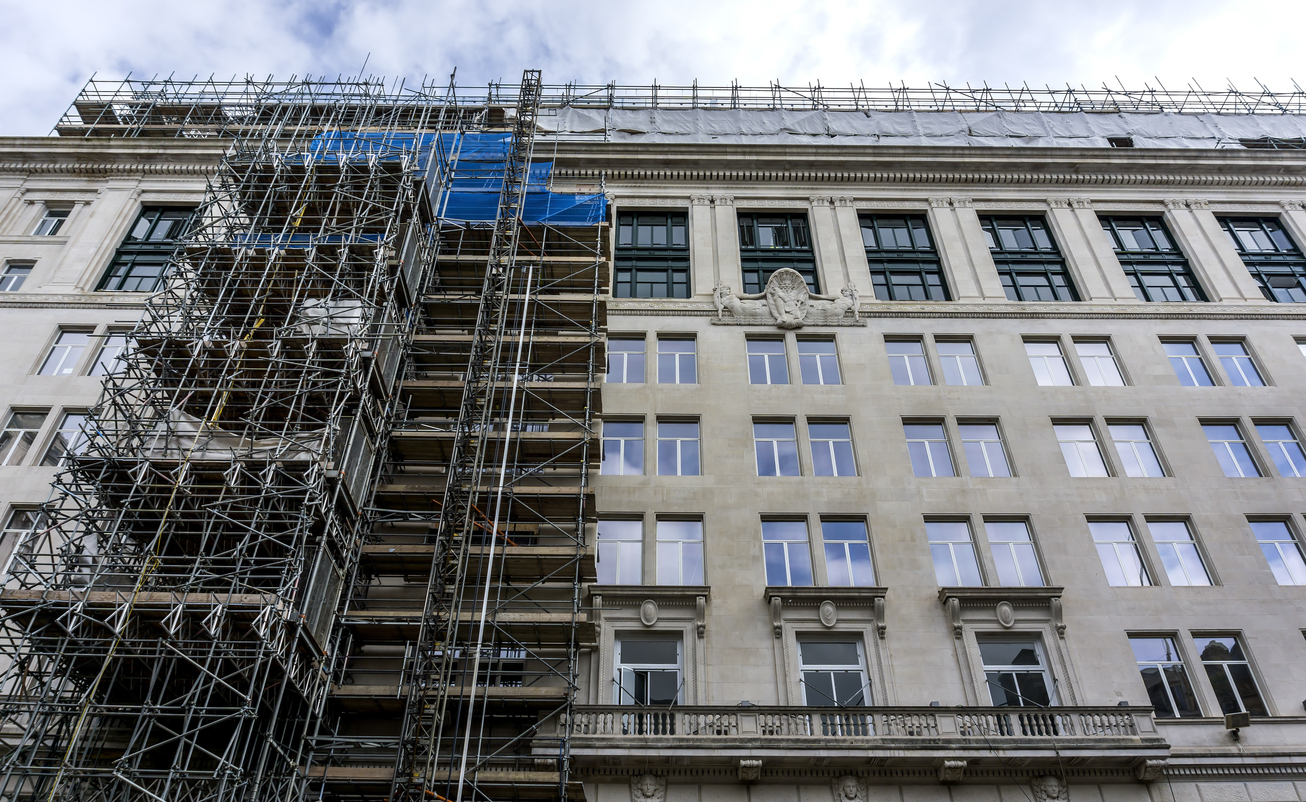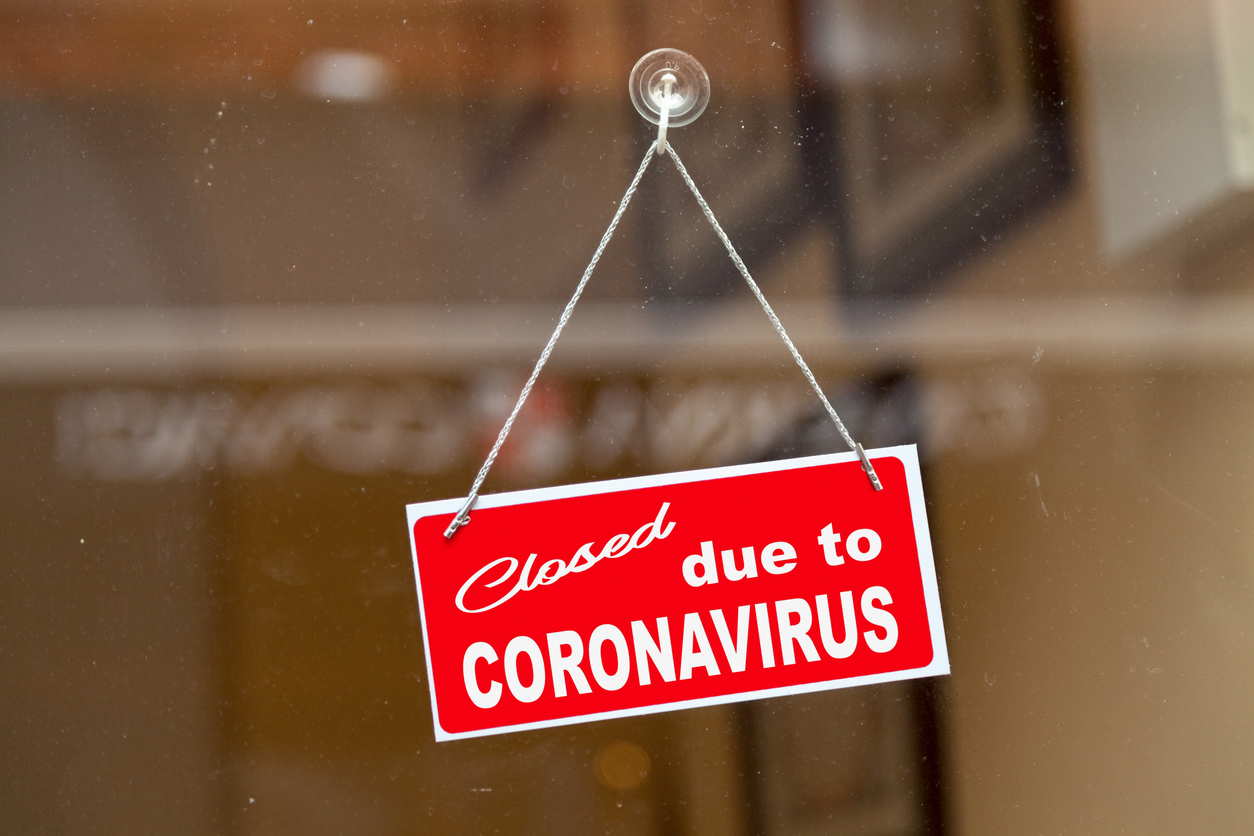Pennsylvania has followed five other states to propose legislation eradicating the “virus” exclusion for small businesses having commercial business income policies. Insurance company lobbyists are fighting this legislation in numerous ways. One is the argument that such legislation, if passed, would be unconstitutional.
Holly Soffer, General Council for the American Association of Public Insurance Adjusters, forwarded me an article by insurance company counsel which argues the following:
The Contracts Clause provides that “[n]o State shall… pass any…Law impairing the Obligations of Contracts.” U.S. Const. art 1., § 10. The Supreme Court has set forth a two-part test for evaluating whether a state law violates the Contract Clause. See Sveen v. Melin, 138 S. Ct. 1815, 1821-22 (U.S. 2018). First, the court must determine “whether the state law has operated as a substantial impairment of a contractual relationship.” Id. (quotations omitted). Second, the court must determine “whether the state law is drawn in an appropriate and reasonable way to advance a significant and legitimate public purpose.” Id. at 1822 (quotations omitted).
Here, there can be little dispute that the proposed legislation would substantially impair insurance policies, as the legislation would operate to rewrite policies to cause them to cover a risk they do not currently cover. The closer question is whether the legislation is an “appropriate and reasonable way” to achieve a “legitimate public purpose.” Because the legislation operates to merely benefit one private sector of the expense of another, states may face difficulty establishing that such legislation satisfies a “legitimate public purpose.” Further, the legislation arguably benefits only a narrow class of businesses; the public-at-large is only an indirect beneficiary. See Allied Structural Steel Co. v. Spannaus, 438 U.S. 234, 248-249 (1978) (finding that a Minnesota law did not advance a legitimate public purpose where the law was enacted to protect “a narrow class” of employers rather than a “broad societal interest”).
Insurance educator Barry Zalma will comment that these constitutional arguments fail to mention the fifth amendment takings argument. “Taking from the rich and giving to the poor” may be fair for taxes, but not business income insurance companies.
Turning to lawsuits, The Merlin Rule of Floodgate Litigation is that a flood often starts with a drip, then trickle and then a flow before becoming a flood. There are enough first-party lawsuits now being filed that I proclaim there is now an official “trickle.” Attorneys filing suits will have to do something novel to make this blog and some quote other than, “the policy is an all risk policy, and I do not see the word ‘virus’ anywhere in the policy.”
I was interviewed by a reporter this morning. She asked me about the requirements of “physical damage” and why insurance company attorneys (should I say “like my opposing colleague Shannon O’Malley” who is now famous for being the “Queen No” or “Insurance Coverage Grinch” after being quoted so often?) say it is like wiping off dust and not physical damage?
Really? I told the reporter to pretend she was a judge and a man ran into her room, coughing and slobbering, said he had coronavirus, and dribbled all over her chair, floor, desk, and door. I asked her if cleaning up after that man would be like wiping up dust? Maybe an ex-insurance company judge, but not many judges I know would agree that the property has not sustained physical damage.
But, how do we prove that the coronavirus was there? The example above may be easy and provable with medical expert testimony. But is there currently a test that anybody knows of that will prove COVID-19 is on the property at the insured location?
I asked one hygienist advertising services that question and here is how the discussion went:
Chip: Harry, how much does it cost to fumigate and clean the office?
Harry The Hygienist: Depending on the size, usually about $3k.
Chip: Do you do a test for the coronavirus?
Harry: Every time. We test when it is cleaned to confirm no presence.
Chip: What about a test before you clean?
Harry: No. Why would you do that?
Chip: Well, two reasons—1. Why do I need to spend the $3k if there is nothing there to worry about? 2. I may need to prove the property had damage to win my client’s case.
Harry: Hmmm.
Chip: Have you ever tested before to find the virus?
Harry: No.
Chip: Have you ever had a positive test for it in a building at any time?
Harry: No.
Chip: How do you know your test even works if you have never had a positive outcome?
Crickets.
Please understand that I am a policyholder advocate. I want there to be coverage. Business policyholders are hurting bad and they are really upset about having Civil Authority coverage in the policy in bold letters and the insurance companies are taking away the benefits with small print. The small print is what judges are going to read and these cases are going to be no cakewalk, as I have said from the very beginning.
RTFP—Read The Full Policy. Think about the proof of facts needed to win the coronavirus case.
My impression from talking with a lot of well-meaning but new lawyers to this area of first-party property insurance law is that many have no clue what they are doing. They have never been to trial, fought off complex coverage summary judgment motions, and lack the experience to win a novel case. It would be like me learning how to do a death penalty case for my first criminal case. Bringing bad cases not properly prepared with sufficiently developed facts needed to win can make bad law for all policyholders.









